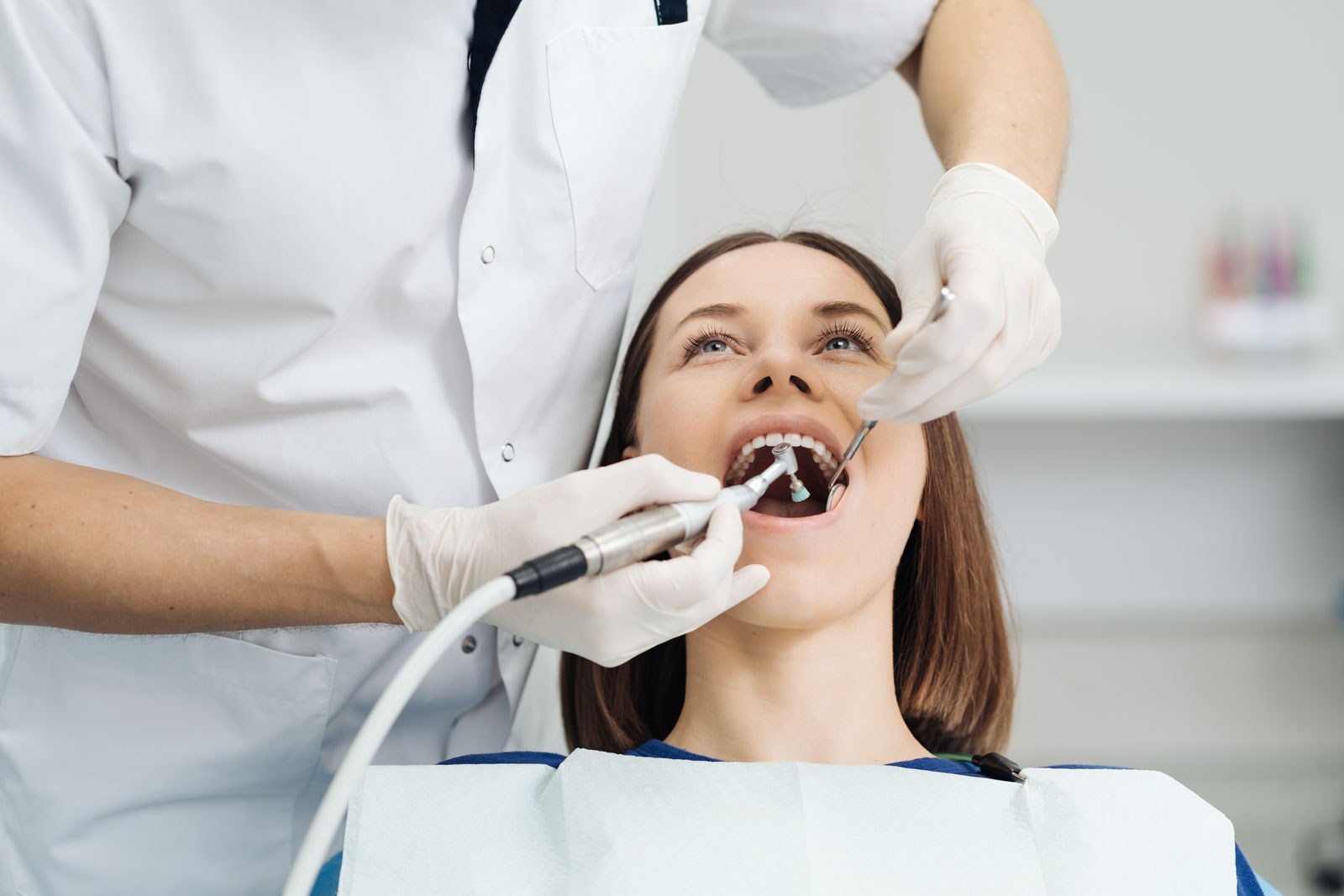You might be surprised to know that the benefits of maintaining good dental health extend far beyond just your mouth.
In fact, your oral health—the health of your teeth and gums—has a major impact on overall health, medical costs, and quality of life. There is a definite link between one’s oral health and their overall health.
Healthy People 2020 identified oral health as one of the 10 leading health indicators.
At Dentistry at 1818 Market St in Philadelphia, we know that many of the things that impact your oral health, such as diet and hygiene are controllable with the right habits. Tooth decay (cavities) is the most common chronic childhood disease, yet it is preventable through healthy diet choices and good hygiene habits. However, without these healthy choices and habits, plaque buildup eventually leads to cavities, gingivitis or severe gum disease that puts teeth and gums at risk – and even other parts of your body.
Like other areas of the body, your mouth teems with bacteria — mostly harmless. But your mouth is the entry point to your digestive and respiratory tracts, and some of these bacteria can cause disease.

The body’s natural defenses, along with good oral health care, like daily brushing and flossing, keep bacteria under control. However, without proper oral hygiene, bacteria can reach levels that might lead to issues like tooth decay and gum disease.
Also, some medications — such as decongestants, antihistamines, painkillers, diuretics and antidepressants — can reduce saliva production. Saliva is a very important part of oral health. It washes away food and neutralizes acids produced by bacteria in the mouth, helping to protect you from microbes that multiply and lead to disease.
Your oral health might contribute to various diseases and conditions, including:
- Endocarditis. This infection of the inner lining of your heart chambers or valves (endocardium) typically occurs when bacteria or other germs from another part of your body, such as your mouth, spread through your bloodstream and attach to certain areas in your heart.
- Cardiovascular disease. Although the connection is not fully understood, some research suggests that heart disease, clogged arteries and stroke might be linked to the inflammation and infections that oral bacteria can cause.
- Pregnancy and birth complications. Periodontitis has been linked to premature birth and low birth weight.
- Pneumonia. Certain bacteria in your mouth can be pulled into your lungs, causing pneumonia and other respiratory diseases.

The best way to protect your oral health is to practice good oral hygiene daily.
Brush your teeth at least twice a day for two minutes each time. Use a soft-bristled brush and fluoride toothpaste. Floss daily. Use mouthwash to remove food particles left after brushing and flossing. Eat a healthy diet and limit sugary food and drinks. Replace your toothbrush every three to four months, or sooner if bristles are splayed or worn. Schedule regular dental checkups and cleanings at Dentistry at 1818 Market Street in Center City, Philadelphia. Avoid tobacco use.
Also, contact our Philadelphia dental office as soon as an oral health problem arises. Taking care of your oral health is an investment in your overall health.





























